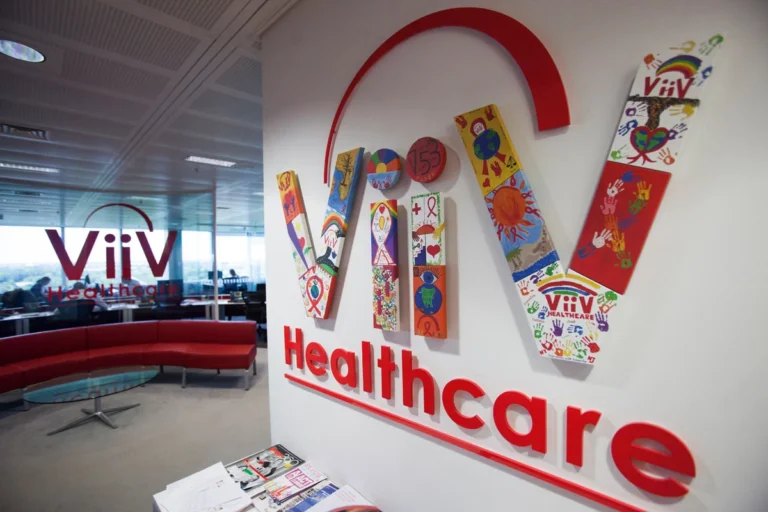
The global revenue cycle management market value was USD 121.8 billion in 2022, driven by the increasing volume of patient data across the globe. The market size is anticipated to grow at a CAGR of 12.2% during the forecast period of 2023-2031 to achieve a value of USD 342.6 billion by 2031.
Revenue Cycle Management (RCM) refers to the financial processes that healthcare organizations employ to track patient care episodes, from registration and appointment scheduling to the final payment of a balance. RCM integrates various administrative and clinical functions, including patient eligibility verification, claims processing, payment collection, and denial management. It plays a critical role in ensuring the financial sustainability of healthcare providers while maintaining compliance with complex regulatory requirements and fostering a positive patient experience.
The global revenue cycle management market has witnessed significant growth in recent years, driven by factors such as the increasing volume of patient data, the growing complexity of healthcare reimbursement processes, and the need to optimize healthcare revenue streams.
The adoption of advanced technologies, such as artificial intelligence, machine learning, and automation, has further transformed RCM, enabling healthcare providers to streamline their financial workflows, reduce administrative burdens, and minimize errors.
The adoption of RCM solutions has been increasing steadily due to factors such as the growing complexity of healthcare reimbursement processes, the need to optimize healthcare revenue streams, and the increasing volume of patient data. The integration of advanced technologies, such as artificial intelligence, machine learning, and automation, has further transformed RCM, enabling healthcare providers to streamline their financial workflows, reduce administrative burdens, and minimize errors.
North America: The largest market for RCM, driven by factors such as the high adoption of advanced healthcare IT solutions, the complex reimbursement landscape, and the presence of well-established healthcare infrastructure.
Europe: The second-largest market, with increasing demand for RCM solutions due to the growing need for efficient healthcare financial processes, supportive regulatory frameworks, and the adoption of advanced technologies in the healthcare sector.
Asia-Pacific: Expected to witness the highest growth rate due to factors such as the rapidly expanding healthcare sector, increasing investments in healthcare IT infrastructure, and the growing awareness of the benefits of RCM solutions.
Market Segmentation
by Structure
- In-House
- Outsource
by Component
Software
- Web based
- Cloud based
- On-Premises
Services
- Web based
- Cloud based
- On-Premises
by Deployment Models
- Web based
- Cloud based
- On-Premises
by Function
- Claims and denial Management
- Medical Coding and Billing
- Clinical Documentation Improvement (CDI)
- Insurance
- Others
by End User
- Hospitals
- Physicians Practices
- Diagnostic and Ambulatory Care Centres
- Others
Key Trends in the Revenue Cycle Management Market
Some key trends of the market are as follows:
- Integration of advanced technologies: The adoption of AI, machine learning, and automation in RCM solutions is enhancing the efficiency, accuracy, and speed of financial processes, leading to improved revenue collection and reduced costs
- Outsourcing of RCM services: Healthcare providers are increasingly outsourcing RCM functions to specialized third-party vendors, enabling them to focus on their core competencies and reduce operational costs
- Cloud-based RCM solutions: The shift towards cloud-based RCM solutions is providing healthcare organizations with scalable, flexible, and cost-effective options for managing their revenue cycle processes
Competitor Landscape
The key features of the market report include patent analysis, grants analysis, clinical trials analysis, funding and investment analysis, partnerships, and collaborations analysis by the leading key players.
The major companies in the market are as follows:
- Thermo Fisher Scientific
- Bayer AG
- Stem Cell Therapys International Group, Ltd
- Takeda Pharmaceutical Company Limited
- MEDIPOST Co., Ltd
- JCR Pharmaceuticals Co., Ltd
- Astellas Pharma Inc
- Mesoblast Ltd
- Novadip Biosciences S.A
- Nuvasive Inc
- Molecular Devices Corporation
- Amgen Inc
- GENEA BIOCELLS
- WAISMAN BIOMANUFACTURING
- TIGENIX
Source: https://www.businesswire.com/




